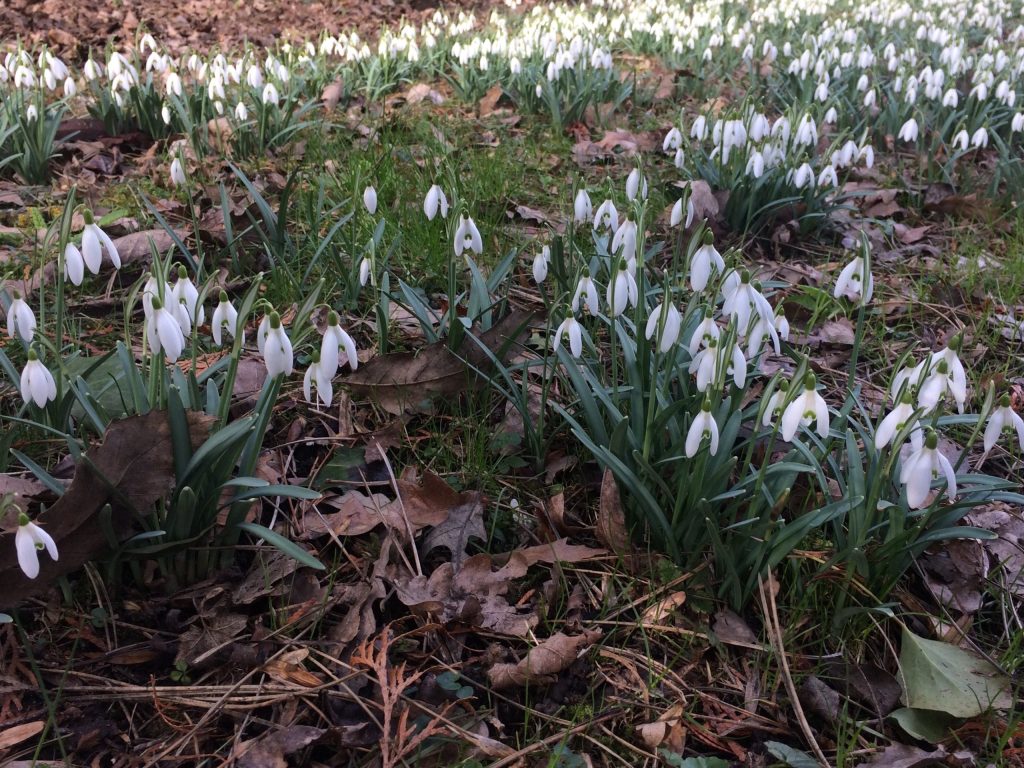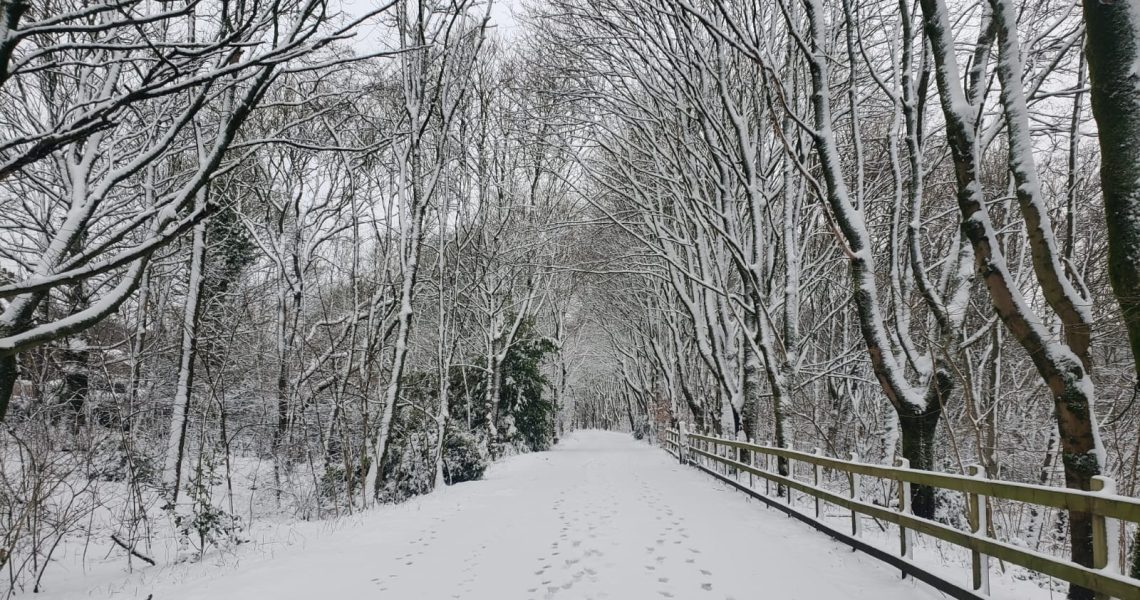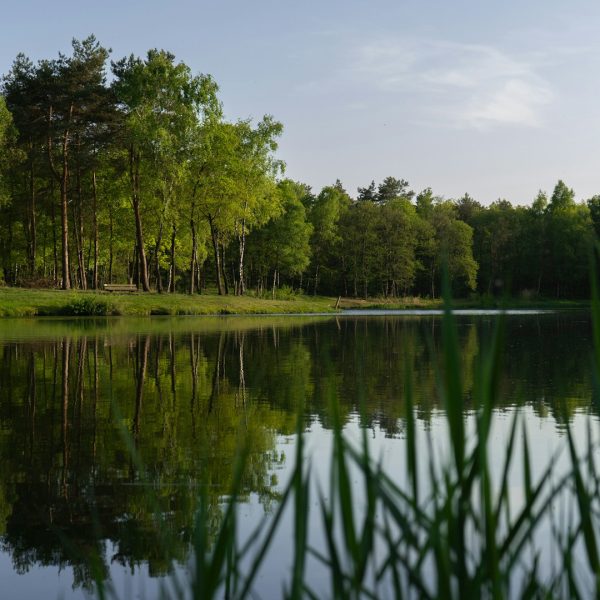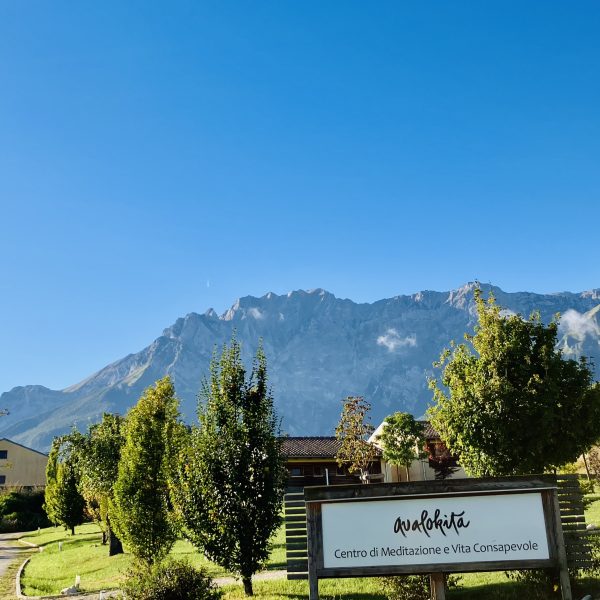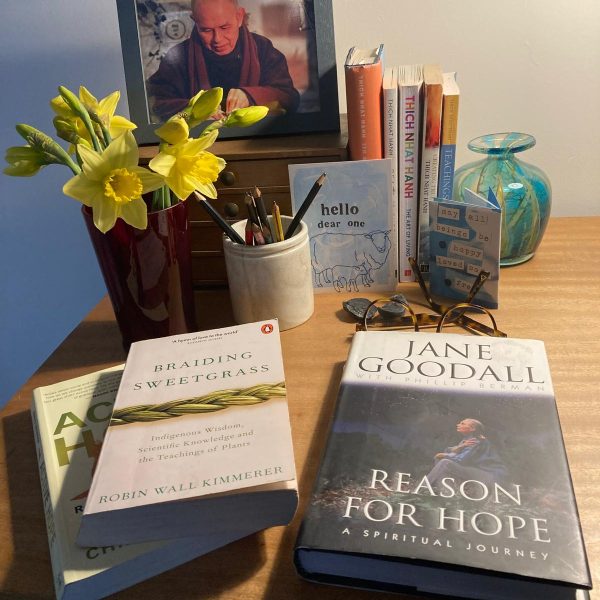Wintering – the art of slowing down

Wintering. The term may feel unfamiliar; perhaps an image of a cold drizzly morning flashes through our mind, or a picture of freshly fallen snow. I first came across the term in Katherine May’s book ‘Wintering: The power of rest and retreat in difficult times’. The book reimagines what it means to ‘winter’ and invites us all to learn the art of slowing down during the darker months of the year.
However, it is hard to enjoy the restorative nature of December to February as our culture demands constant self-improvement. I have often wondered why our new year starts in January, when the days are short and our energy is low. Setting new year intentions, often relating to diet and exercise, feels particularly demanding when our bodies are calling for rest and sleep. Indeed, the living world around us teaches us that winter is a time for self-care and reflection. Deciduous trees shed their leaves and shut off photosynthesis, transferring their sugars and amino acids into their branches, trunks and roots. Hedgehogs, dormice and bats enter into a state of hibernation by slowing their heart rate down and lowering their body temperature.
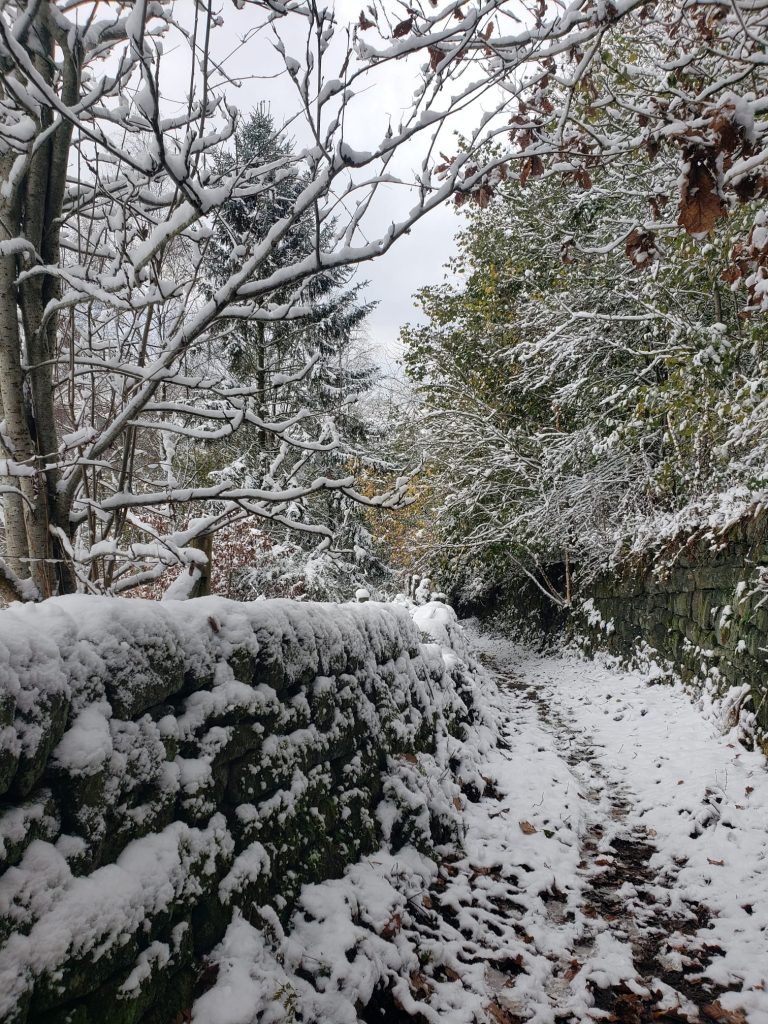
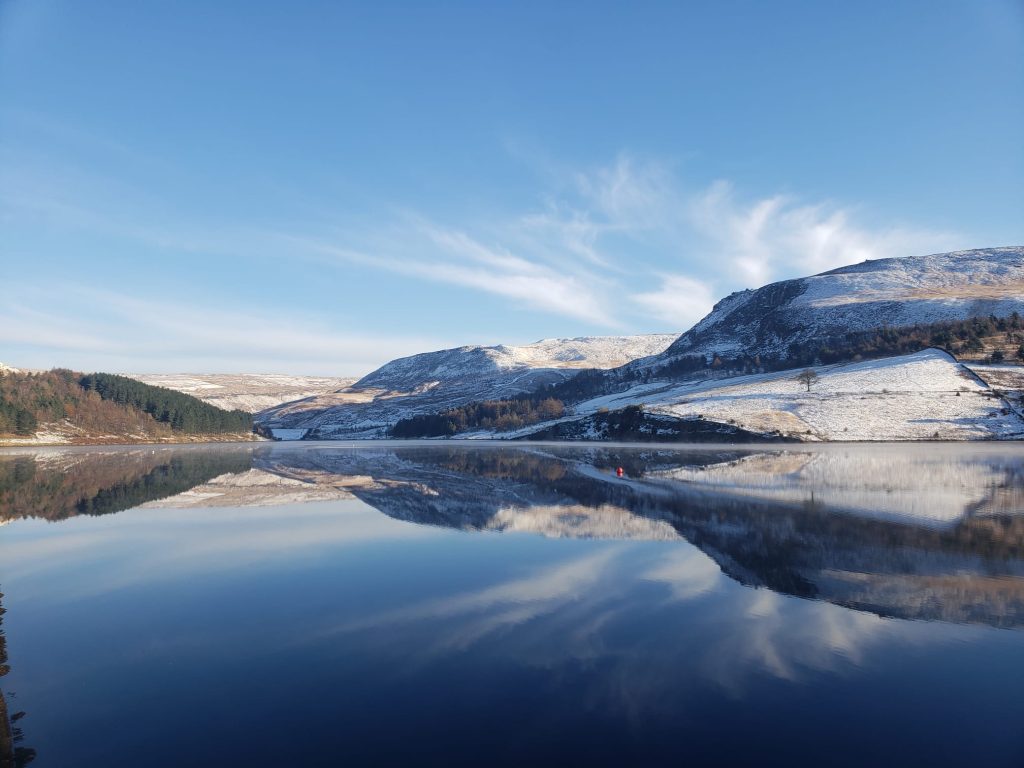
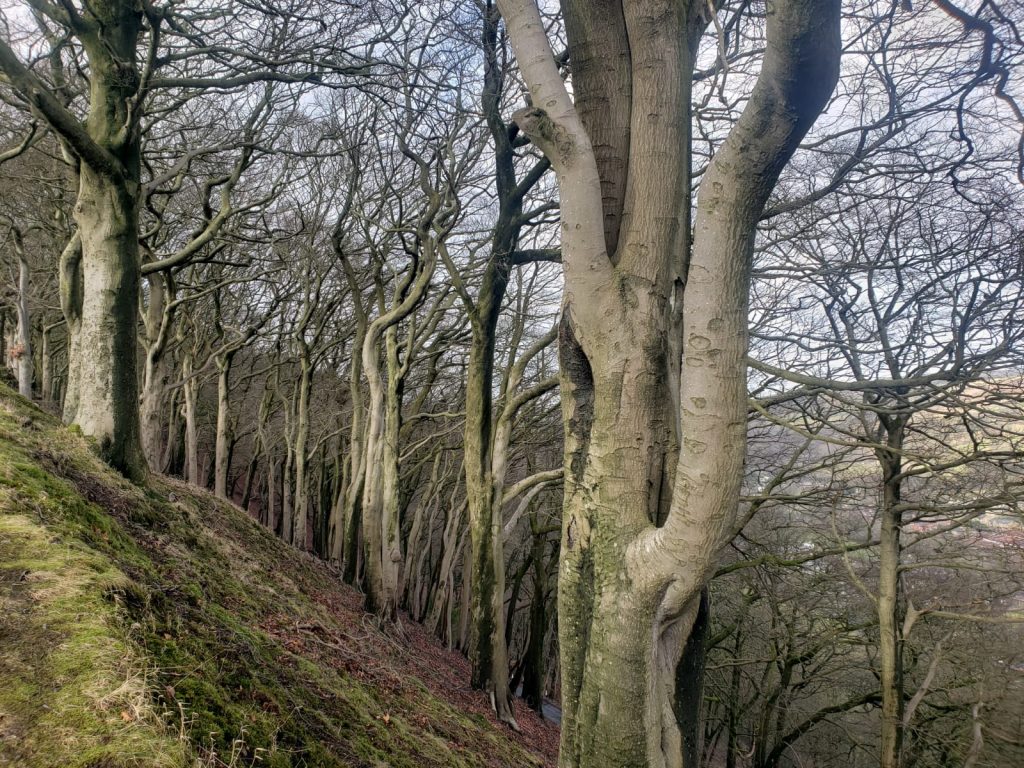
The trees and mammals in our garden can be teachers in the practice of stopping. Thich Nhat Hanh (Thay) suggests that we have a strong collective habit energy of running which takes us away from living deeply in the present moment. Thay uses the old zen story of the ‘Man and the Horse’:
“The horse is galloping quickly, and it appears that the man on the horse is going somewhere important. Another man, standing alongside the road, shouts, “Where are you going?” and the first man replies, “I don’t know! Ask the horse!” This is also our story. We are riding a horse, we don’t know where we are going, and we can’t stop. The horse is our habit energy pulling us along, and we are powerless. We are always running, and it has become a habit. We struggle all the time, even during our sleep. We are at war within ourselves, and we can easily start a war with others.”
- The Heart of the Buddha’s Teaching: Transforming Suffering into Peace, Joy and Liberation
In popular culture, the collective habit of running has been described as ‘grind’ or ‘hustle’. Tricia Hersey, a black feminist writer and theologian, proposes that grind culture is a form of exploitative capitalism, white supremacy and injustice. In her book ‘Rest is Resistance’, she argues that deep exhaustion has been normalised through generations of overworked and underpaid labour. As a consequence, we are alienated from our bodies, our imagination, and our dreams.

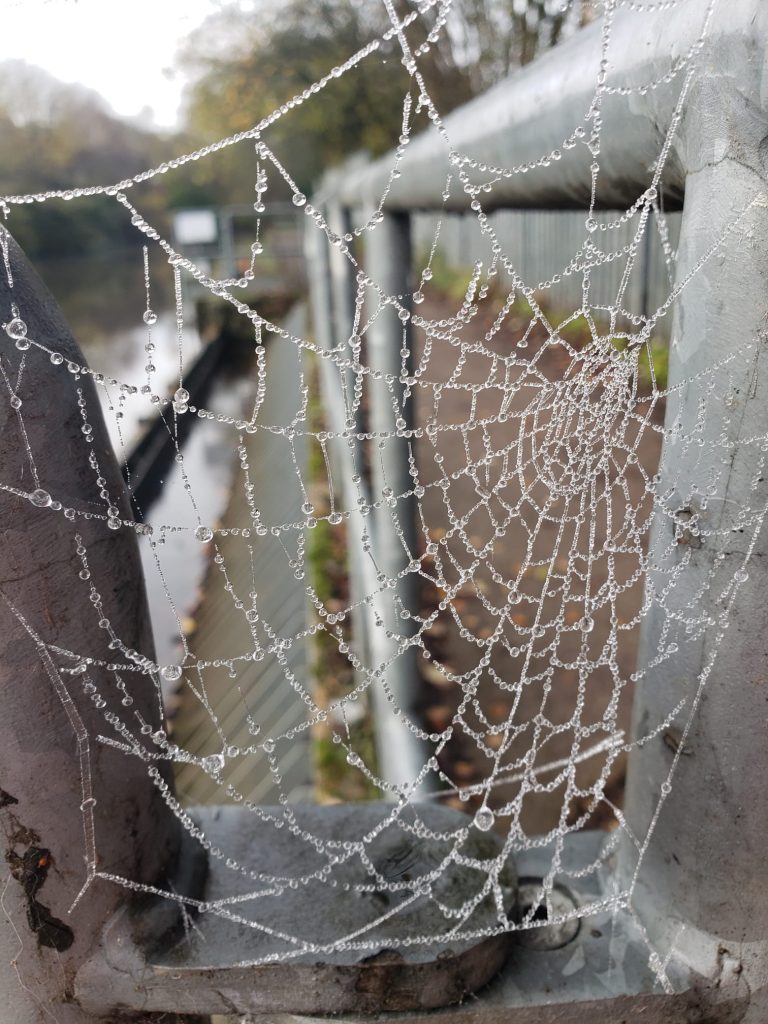
As an environmentalist working with communities to save species from going extinct in the UK, I am aware that grind culture has infiltrated our activist spaces. We sign endless petitions, attend marches, organise fundraisers, post on social media, and forget to look after our own bodies. Just like our economic systems, we go through cycles of boom and bust. Over the course of two years, I have joined multiple environmental organisations and steering groups, believing that it still wasn’t enough. It was only after the loss of a loved one, and the coming of winter that I was forced to stop. Suddenly I felt the weight of the all that I was carrying, and I put it down. I finally stopped.
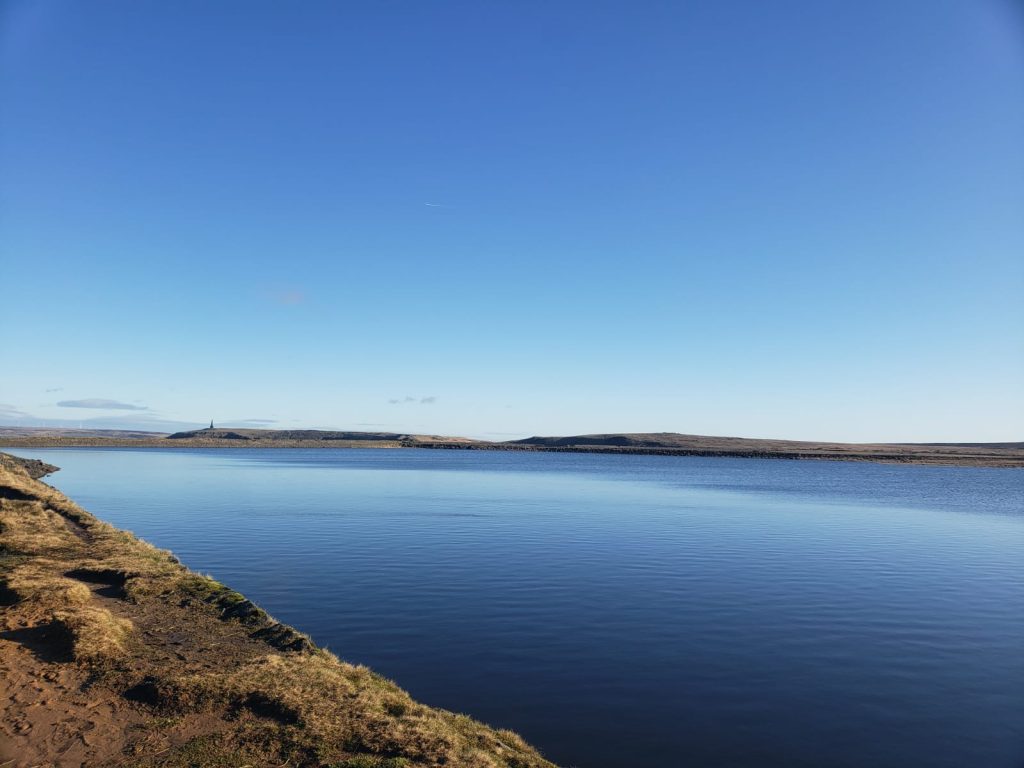
In the moment of surrender, I was reminded of a story given by Thay in ‘Peace is Every Step’:
“One cold, winter evening I returned home from a walk in the hills, and I found that all the doors and windows in my hermitage had blown open. … Immediately, I closed the doors and windows, lit a lamp, picked up the papers, and arranged them neatly on my desk. Then I started a fire in the fireplace, and soon the crackling logs brought warmth back to the room. … Our senses are our windows to the world, and sometimes the wind blows through them and disturbs everything within us. Some of us leave our windows open all the time, allowing the sights and sounds of the world to invade us, penetrate us, and expose our sad, troubled selves. We feel so cold, lonely, and afraid. ”
Winter and the art of wintering offers us the opportunity to close the windows and turn inwards. Instead of chipping away at our impossibly high expectations for 2025, the dark nights of February can be a time to reconnect to our bodies and our imagination. We can offer ourselves rest, knowing that it can nourish ourselves and the collective exhaustion we all carry.
Just as the mud brings a lotus, and the dark gives way to light, so too can our wintering be the foundation of our spring.
